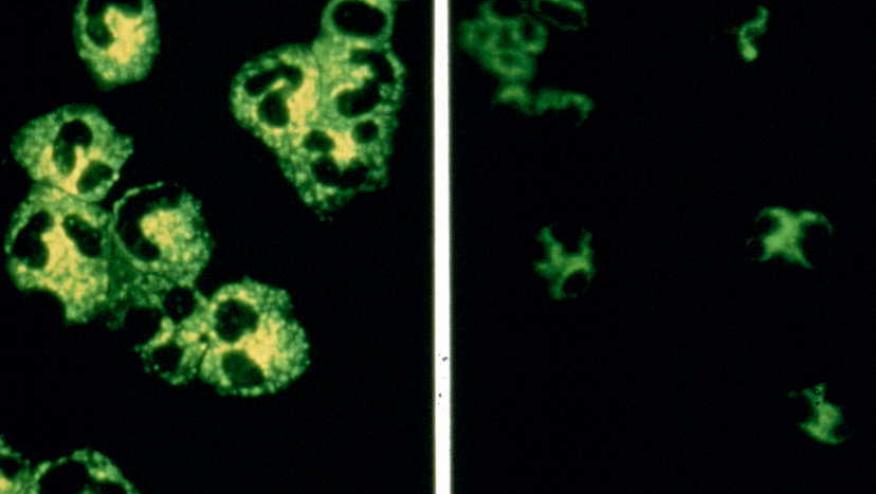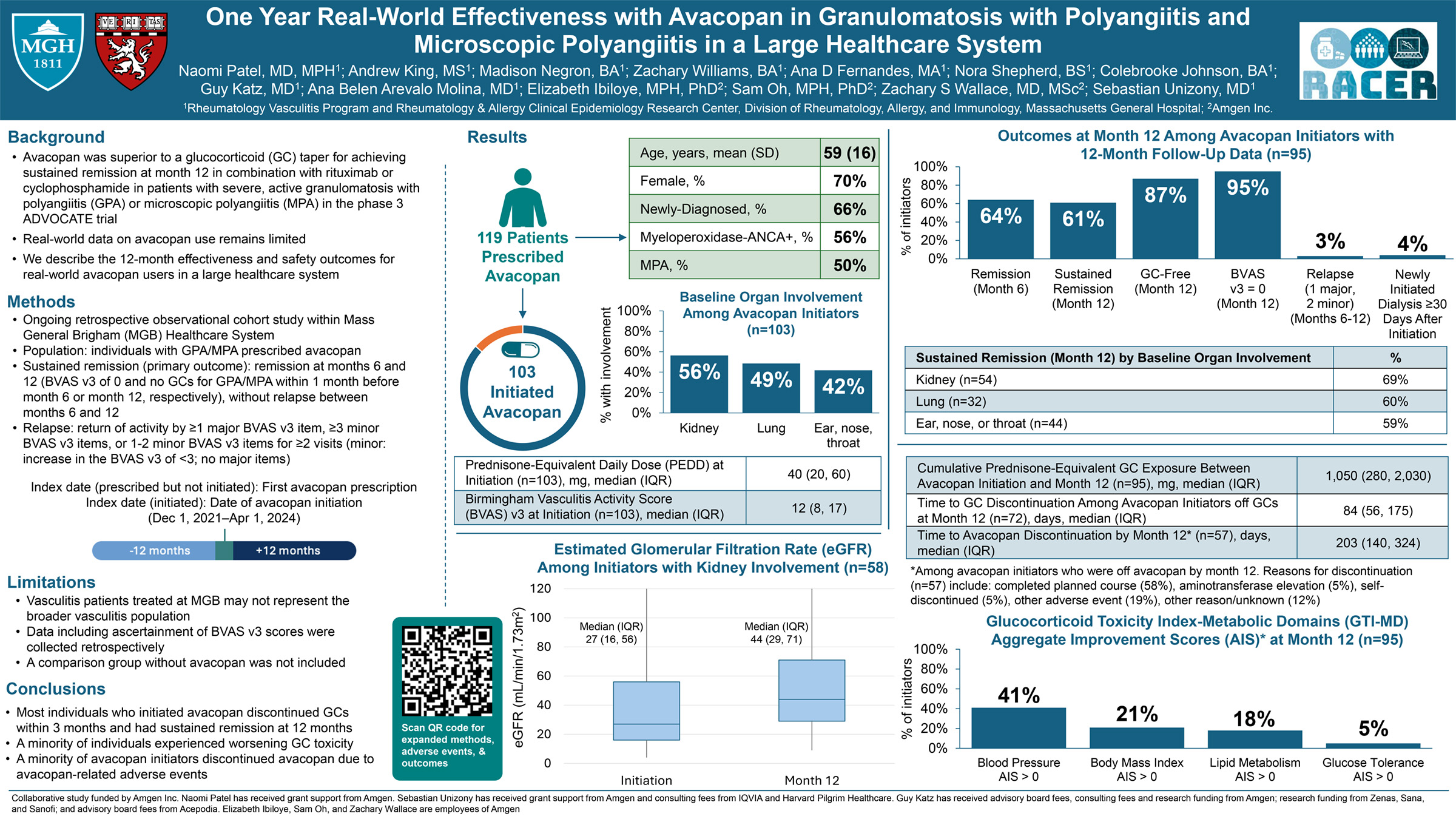Relapses with Rituximab Maintenance in ANCA-associated Vasculitis Save

Real-world, retrospective study of microscopic-polyangiitis (ΜPA) and granulomatosis-with-polyangiitis (GPA) patients shows that rituximab (RTX) maintenance was associated with 25% risk of relapse and that lower relapse rates was seen with RTX plus cyclophosphamide treatment.
Retrospective cohort included newly-diagnosed/relapsing GPA/MPA patients examined clinical outcomes based on induction and maintenance regimens. Primary endpoint was time-to-relapse.
From a total of 101 patients (48% females, 69% GPA, median age: 63 years, follow-up 294.5 patient-years), there were 30 total relapses (57% being major) in 24 patients (24%, IR 10.2/100 patient-years).
Relapse rates according to clinical feature:
- Kidney involvement (adjusted-Hazard-Ratio 0.20; 95% CI: 0.06–0.74, p= 0.016)
- Prior induction with RTX plus cyclophosphamide (vs RTX monotherapy: aHR = 0.02; 95% CI: 0.001–0.43, p= 0.012)
- Shorter time-interval until complete-remission (aHR = 1.07; 95% CI: 1.01–1.14, p= 0.023)
Overall they recorded 17 serious-infections (IR 5.8/100 patient-years), 11 COVID-19 hospitalizations (IR 3.7/100 patient-years), 4 malignancies (IR 1.4/100 patient-years), 6 cardiovascular-events (IR 2/100 patient-years) and 10 deaths (IR 3.4/100 patient-years).
In this study of ANCA-associated vasculitis, lower relapse rates were seen in those with kidney involvement, induction with RTX plus cyclophosphamide and earlier achievement of complete-remission.











If you are a health practitioner, you may Login/Register to comment.
Due to the nature of these comment forums, only health practitioners are allowed to comment at this time.